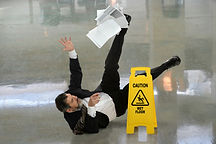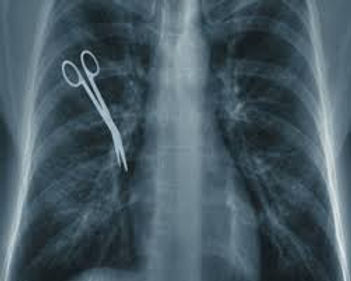
Legal Documents Assistance 1.
DUE TO COVID-19 WE CAN HELP YOU ONLINE AND PREPARE ALL YOUR DOCUMENTS AND SEND IT BY MAIL.
A Paralegal Center Offering a Wide Range of Great Service.
TEL: 818-624-6693
Call Now to Schedule Your Appointment!




Personal Injury
The most common types of personal injury claims are Vehicle accidents, Slip, & fall, product defect accidents medical and dental accidents, Animal Bite injury, Medical Malpractice Injury and more. Depending upon the intent or negligence of a responsible party, the injured party may be entitled to monetary compensation from that party through a settlement or a judgment. Injuries involving car accidents can easily require extensive treatment. When two speeding vehicles collide, the people inside can suffer seriously even if they are wearing seat-belts. If you have suffered a very serious injury in a car accident, you could be entitled to monetary compensation for your losses that resulted from the collision. If you are a victim of a personal injury that was the direct result of a third party's negligence, you may be entitled to substantial monetary damages. You will need to take immediate action to ensure that all relevant evidence is gathered and presented as testimony to your claim in court.
Personal Injury Claims
Every tort claim, regardless of its basis, whether intentional, negligence, or strict liability, has two basic issues—liability and damages. Was the defendant liable for the damages you sustained, and, if so, what is the nature and extent of your damages? If you can prove liability and damages, our system of justice will award you compensation for your loss.
Automobile accidents, the area in which most personal injury actions arise, provide a good example of how the tort system works. You have a negligence claim in a "fault" state if a driver who failed to exercise reasonable care, because drivers have a duty to exercise reasonable care anytime they are on the road, injures you. When they breach that duty and your injury results, personal injury law says you can recoup your losses.







About Medical Malpractice
Medical malpractice occurs when a patient is harmed by a doctor (or other medical professional) who fails to competently perform his or her medical duties.
Basic Requirements for a Claim
To prove that medical malpractice occurred, you must be able to show all of these things:
-
A doctor-patient relationship existed.
-
The doctor was negligent.
-
The doctor's negligence caused the injury.
-
The injury led to specific damages.
Common Types of Medical Malpractice:
-
Failure to diagnose.
-
Improper treatment.
-
Failure to warn a patient of known risks.
Special Requirements in Medical Malpractice Cases:
Many states have special rules and procedures for medical malpractice claims. It is important to know about these rules and follow them carefully.
-
Medical malpractice cases must be brought soon after the injury.
-
Special medical malpractice review panels.
-
Special notice requirements.
-
Expert testimony is required.
-
Limits on damage awards.
